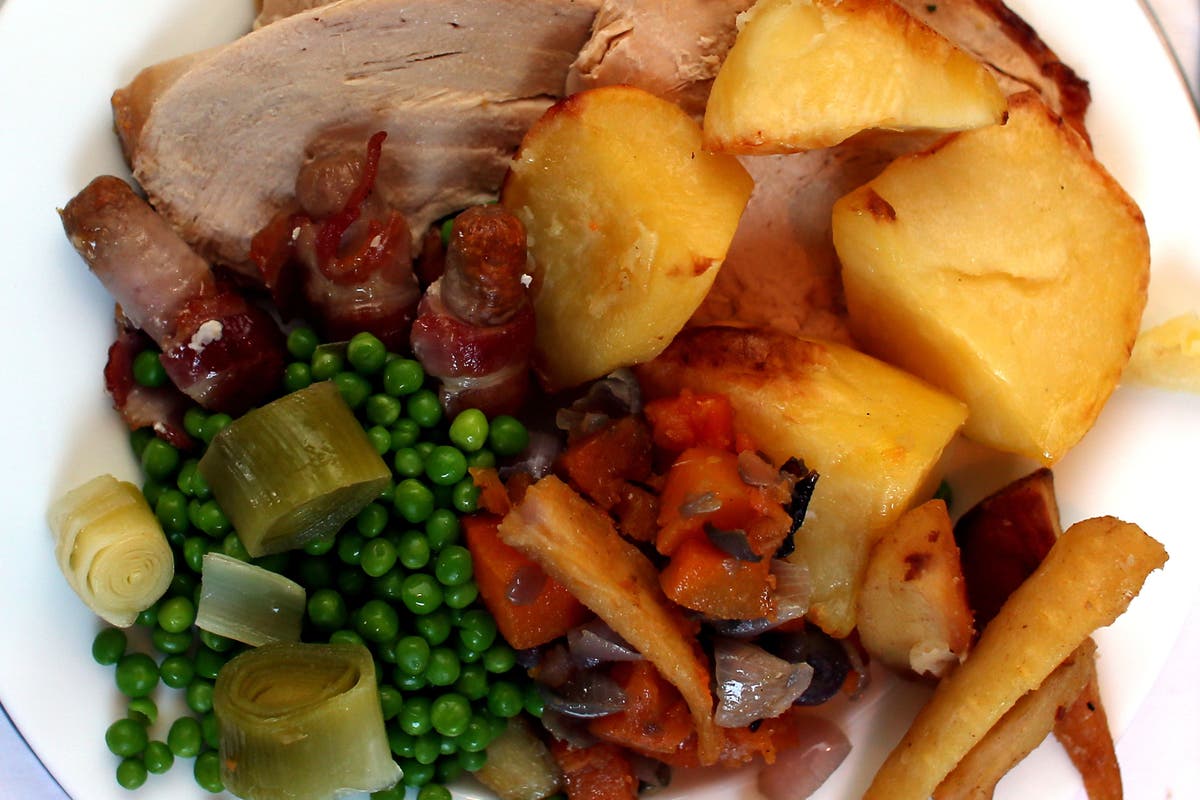Weight gain due to stress: Your body experiences a rush of energy as a result of cortisol’s stimulation of your fat and carbohydrate metabolism. While necessary for survival conditions, this procedure also makes you more hungry. In addition, high cortisol levels can make you crave salty, fatty, and sweet foods. As a result, you’re more likely to enjoy a meal that is well-balanced than you are to indulge in french fries and a milkshake.
Can stress cause weight gain?
Your body goes into a state of fight or flight whenever you are under stress, which causes it to release the hormone adrenaline to aid you in fending off the imagined threat you are experiencing anxiety over. Your body also releases glucose, often known as sugar, into your bloodstream to help you regain energy to combat this threat.
The hormone cortisol kicks in to give you additional energy to continue dealing with the threat as your adrenaline wear out and your blood sugar levels start to fall.
Are there other ways stress could lead to weight gain?
Stress can affect your cortisol levels, but it can also cause other harmful habits that might result in weight gain if they are not controlled. To name a few:
– Emotional eating
– Binge eating
– Eating fast food
– Drinking more alcohol
– Skipping meals
– Exercising less
– Sleeping less
How to lose stress-related weight gain?
Here are some strategies for preventing or losing any additional weight you may have put on as a result of stress.
– Focus on exercise
– Cook a healthier twist on your comfort foods
– Keep a food Journal
– Mindful eating habits
– Keep yourself hydrated
– Prioritize your sleep
– Self-care into your day-to-day life
Overall, it’s essential to keep in mind that there is no magical solution for high stress. The best ways to reduce these dangerous hormone levels that have elevated as a result of stress include exercise, healthy food, and relaxation.















































